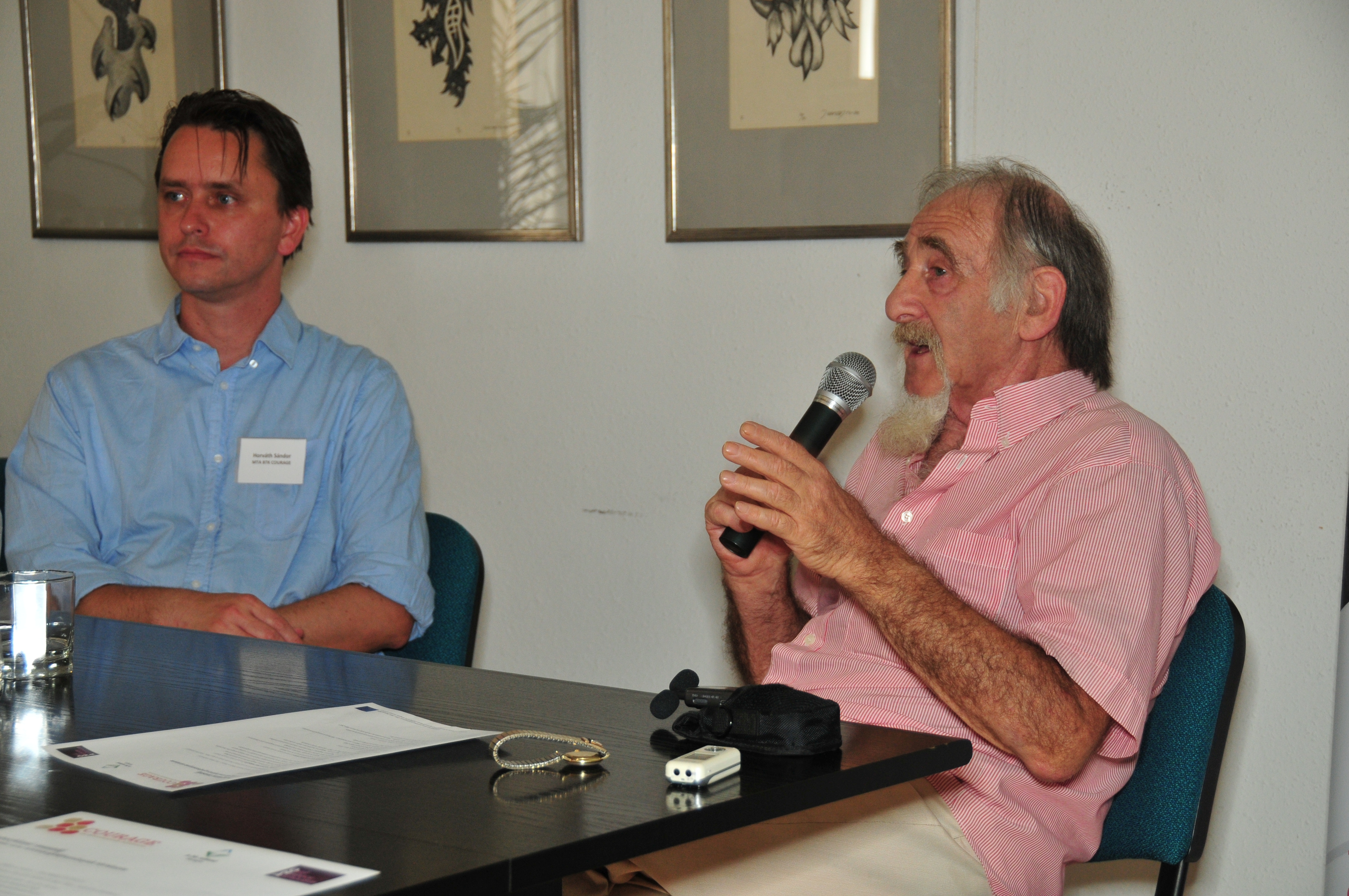The sociologist Pál Diósi regularly did research on themes which were dangerous from the perspective of the authorities under state socialism. Between 1972 and 1989, Diósi recorded hundreds of interviews, based mostly on direct conversations and observations. The collection includes interviews conducted as part of his formal employment, done for other colleagues, and conversations recorded for externals. Occasionally, Diósi financed his work himself. Because of the potentially subversive nature of the themes of his research, he did not receive significant state support, and he was sometimes hindered in his work. Nonetheless, he tried to provide a realistic assessment of a few controversial aspects of socialist society. At the same time, Diósi was employed by official state institutions and could pursue several of his projects within the official infrastructure, for instance the Communist Youth League. This fact gives some insight into an important element of state socialism in Hungary: occasionally, it was possible to cross the borders separating official and non-official public spheres, and marginal but still official institutions often provided opportunities to articulate critical views.
Pál Diósi’s collection in the Archive of the Voices of the Twentieth Century is based on one of his major research projects about prostitution in Hungary. In the socialist countries, prostitution was a crime, and the criminalization of prostitution had ideological foundations: selling one’s body did not fit the official image of the “socialist woman.” Diósi made interviews in the middle of the 1980s with prostitutes, their procurers, and one client in Budapest. He was prompted to undertake this project in part by a request by János Rudas, who asked for two interviews for the Research Centre of Mass Communications. Pál Diósi did interviews with prostitutes who worked at the “great marketplace” (‘nagyplacc’), a stretch between Rákóczi Square and Népszínház Street. The immediate reason for this research was a book by Attila Zombori, entitled A Stroll Around the Sex Market (Szexpiaci körséta). This book suggested that prostitution was not typical in Hungary. According to the book, prostitution was caused by foreign influence, the sexual appetites of tourists, and an immoral desire to live without having to work. Thus, this book propagated the official view, according to which the main reason for prostitution was the mental remnants of capitalism, which could recreate themselves under socialism. Diósi knew from his earlier interviews that this was not true. Prostitution was much more connected to the inequalities within Hungarian society and the existence of children without parents.
Pál Diósi spent more than 200 days in one year in the “great marketplace” and the “line of cars” (“kocsisor”) around Rigó Street. Sometimes, he was there for only a few minutes, sometimes for some hours, and occasionally for an entire day. He conversed directly with prostitutes and their pimps, and he recorded more than 20 conversations, mostly with prostitutes, three with pimps, and one with a client. He wrote in a fieldwork diary after every session and recorded it on tape every evening. For the book he envisioned, he edited 14 interviews, wrote a foreword, and wrote one chapter about observations he made over the course of two months in the summer and the practice of fieldwork. The police were unable to intervene directly into his research, but beginning in the middle of the 1980s, Diósi had to deal with obstacles created by the police. By then, however, he had established a routine to recognize and avoid these traps without conflicts. In his book, which was published in 1990 with the title This is not a Joyride (“Ez nem kéjutazás”), Diósi concluded that the police had a ambivalent relationship with prostitution: on the one hand, they persecuted prostitutes, but on the other, they condoned prostitution.
Diósi donated some of his research material (in all 9 typed texts of the interviews) to the Archive of the Voices of the Twentieth Century on 23 May 2012.

